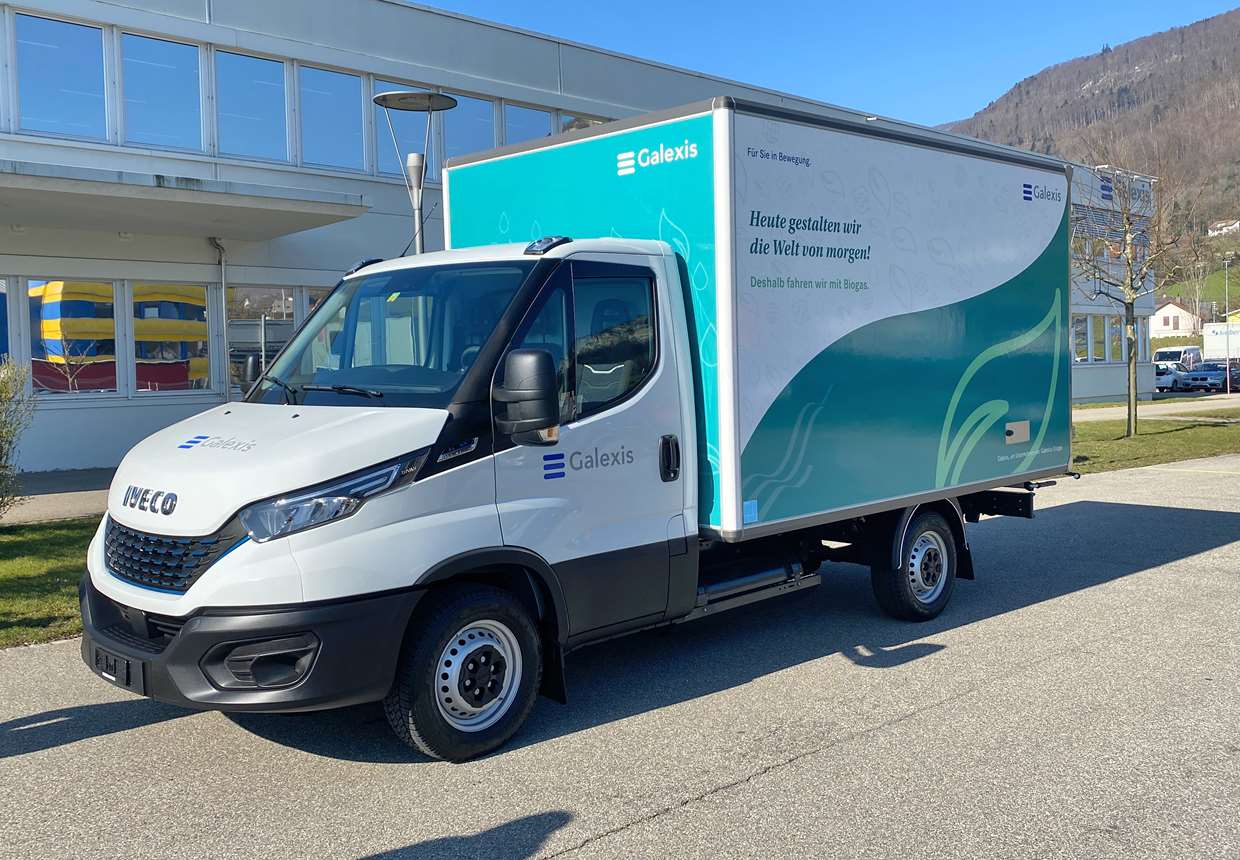Sustainability
Galenica further stepped up its commitment to sustainability in the financial year 2021. Based on a survey of external and internal stakeholder groups, the relevance matrix was updated and refined further. Moreover, specific sustainability goals were defined for the areas that were deemed to be essential.

These goals include, for example, reducing municipal waste and greenhouse gas emissions, reducing the number of occupational and non-occupational accidents, and increasing the use of the e-Mediplan electronic medication plan as a contribution to patient safety in pharmacies. In addition, Galenica is including sustainability reporting in accordance with the GRI Standards «core» option for the first time in the 2021 Annual Report.
Energy consumption reduced in relation to net sales
The Galenica Group’s total energy consumption – both within and outside the organisation – continued to increase 9% year-on-year in 2021 and amounted to 65,439 MWh (previous year: 60,312 MWh). The Galenica Group’s direct and indirect greenhouse gas emissions amounted to 12,127 tonnes of CO2 equivalents (tCO2e) (previous year: 10,578 tC02e). This increase is due to the fact that the fuel consumption of the Group’s own vehicles has been included in the data in 2021 for the first time ever. Without this data expansion, CO2 emissions would have decreased 1% compared to the previous year. 44% of energy consumption within the organisation comes from renewable sources such as hydropower and photovoltaics and around 56% from non-renewable sources such as heating oil, natural gas, diesel and petrol. The intensity of energy consumption in relation to Group net sales in the 2021 financial year decreased by 2% and the intensity of CO2 emissions in relation to Group net sales increased by 4%.
New mobility concepts and the use of renewable energies
In order to reduce its environmental footprint, Galenica is increasingly focusing on new mobility concepts and the use of renewable energies in distribution. In addition to providing charging stations for electric cars and e-bikes, the company purchases its own vehicles on the basis of eco-friendly criteria and, wherever possible, chooses climate-neutral models. In addition, Galenica encourages its employees to switch to public transport wherever possible. All employees who use public transport to commute to work receive an annual contribution towards their transport costs in the form of Rail Checks or SBB (Swiss Federal Railways) vouchers.
When renovating and converting sites, Galenica pays particular attention to measures designed to increase energy efficiency over the long term, such as energy-saving lighting in points of sale, warehouses and office spaces. The installation of motion detectors and sustainable air-conditioning systems also contributes to improved energy efficiency.
The Galexis distribution centre in Lausanne-Ecublens will be equipped with a photovoltaic system, new building insulation and new roof insulation in accordance with the latest sustainability standards. This reduces heat loss in winter and makes cooling in summer more efficient.

Galenica invests in its employees
The number of employees of the Galenica Group also rose in the 2021 financial year. As of the end of 2021, Galenica had 7,239 employees (previous year: 7,205).
The development of its employees is a top priority for Galenica, which is why it invested CHF 3.7 million in employee training and development in the year under review (previous year: CHF 3.3 million). At Amavita, Sun Store and Coop Vitality in particular, extensive training programmes were offered to develop the skills of pharmacy employees. Around 935 employees completed these programmes in 2021. Galenica is also actively involved helping to combat the skills shortage. During the financial year, the Group trained 823 apprentices in its Service and Business Units.
As part of the new organisational structure introduced at the start of 2021, the regulations applicable to employees of the Galenica Group have been further harmonised. In addition, Galenica has expanded its internal digital communication platforms to promote and further develop the dialogue among employees and the transfer of knowledge, even during the COVID-19 pandemic. The home working regulation has also been revised in order to offer employees the greatest possible flexibility.
Galenica Group employees were once again able to use case management in the year under review. The primary objective of this scheme is to ensure that employees return to work quickly after an illness or accident. 2021 saw 434 new cases of illness, an decrease of 8% compared to the previous year. The number of occupational accidents fell by 5% compared to 2020. This decline is partly attributable to awareness-raising campaigns carried out in recent years. The number of non-occupational accidents rose by 14% compared to the previous year. The increase can be explained by the integration of some companies and pharmacies into the HR system in 2021 and the resulting increase in the number of employees for whom non-occupational accidents are recorded.
The Group-wide employee survey «Opinio» was once again carried out in 2021. With a response rate of 58%, the number of participants was down on the previous year. The results of the survey show that there is room for improvement, particularly in the areas of compensation, procedures and workload. The individual Service and Business Units are taking targeted measures to improve their results in the coming year.



